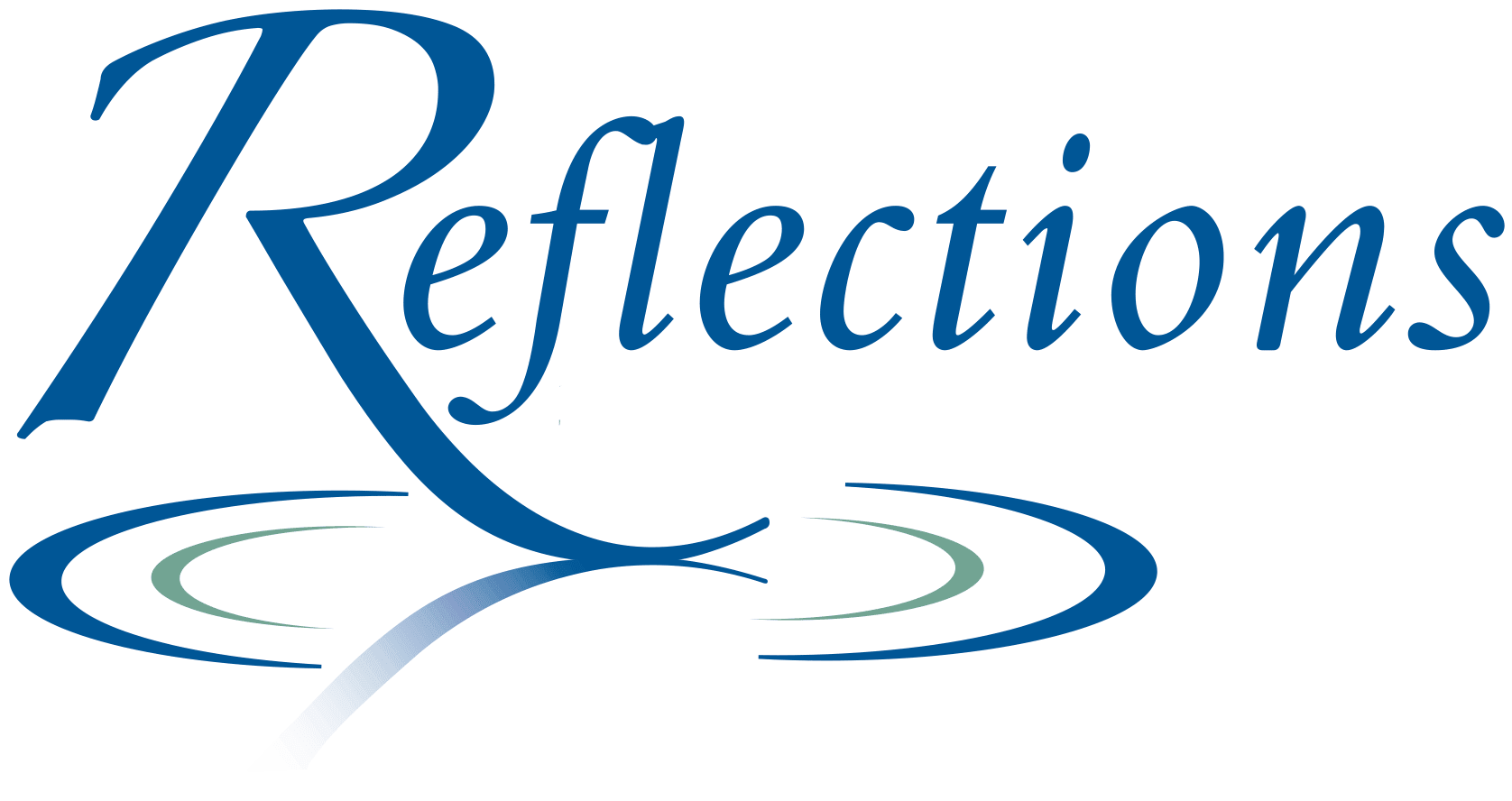The Montessori method of early childhood education is known for its unique approach to education that is child-centered that encourages creativity, independence and a lifetime love of learning. This complete guide explores the advantages of Montessori daycare, Montessori Kindergarten, Montessori Preschool as well as Montessori Elementary School can offer children’s development.
Montessori Daycare is a way to help children develop self-confidence right from the start
Montessori daycare programs are designed to nurture confidence in self-esteem and independence of the smallest of learners. They provide a safe and stimulating environment in which youngsters as young even toddlers of all ages can discover and develop at their individual pace. The Montessori classroom has materials that are age appropriate that promote motor growth and exploration of the sensory.

Teachers in Montessori daycares teach children rather than acting as traditional teachers. This method helps children develop critical thinking skills and fosters an appreciation for their own autonomy. Activities such as pouring beans, spooning water as well as buttoning clothes are common in Montessori daycare. They are all designed to improve fine motor skills as well as practical capabilities for everyday life.
Montessori Kindergarten: Foundations for Lifelong Learning
As the children advance to Montessori kindergarten the focus shifts. They are encouraged to remain independent and to engage in self-directed tasks. The Montessori kindergarten curriculum is varied and rich and includes mathematics, language study, cultural studies, and practical life skills.
One of the primary components of Montessori kindergarten is the mixed-age classroom, where children of different levels of education learn together. It allows the older kids to explain concepts to younger children, while the latter can help them to build on their own knowledge. This encourages children to develop social skills, and helps create a sense of community within the classroom.
Montessori kindergarten is a classroom that uses hands-on activities where the learning process is usually conducted in real-life situations. Math may be taught with manipulatives such as rods and beads, which helps children understand abstract concepts physically. Language development can be aided by storytelling, phonetic activities as well as writing.
Montessori Preschool: Fostering Exploration and Curiousness
Montessori preschools continue the tradition of kindergarten and daycare through encouraging curiosity, exploration, and the desire to learn. The preschool’s surroundings have been carefully planned to be stimulating and educational. Materials and activities are specifically designed to accommodate the developmental stages of children aged 3 to 6.
In a Montessori-based preschool the children are allowed to choose their own activities according to their own schedule and select from a number of choices. This autonomy promotes intrinsic motivation, and encourages an understanding that they are in charge of their own learning. The preschool program incorporates language, math and cultural studies, along with real-life activities.
Practical life skills like cooking or cleaning up, as well as gardening are the foundation of Montessori preschool education. These types of activities are designed to teach children life skills as they build their coordination, focus and independence as well as other important skills. Sensory exercises, on contrary, are designed to enhance the brain’s development as well as the five senses that are essential to human development.
Montessori Elementary School: Preparing for Academic Success and Beyond
Montessori elementary schools follow the concept of focusing on the child, while being more focused on academics. They also nurture the whole child. Curriculum is integrated and interconnected which allows children to comprehend the relationships between different academic subjects.
Elementary students at the Montessori school participate in intensive studies, collaborative learning, and hands-on experimentation. The classroom promotes inquiry-based learning using materials that can be used by every level of interest and ability.
One of the most distinctive features of Montessori education is its focus on “cosmic education,” that helps kids to understand their role in the world, and the interconnectedness of everything. This approach helps foster an understanding of responsibility toward the environment and fellow humans and prepares students to become aware, knowledgeable global citizens. Visit Montessori Elementary School
Conclusion Summary: The Montessori approach, which includes preschool and elementary education is an innovative way to encourage a child’s development. Montessori education gives children the skills they need to succeed in the world of work. It does this by encouraging independence, curiosity, a love of learning and a love of learning.
